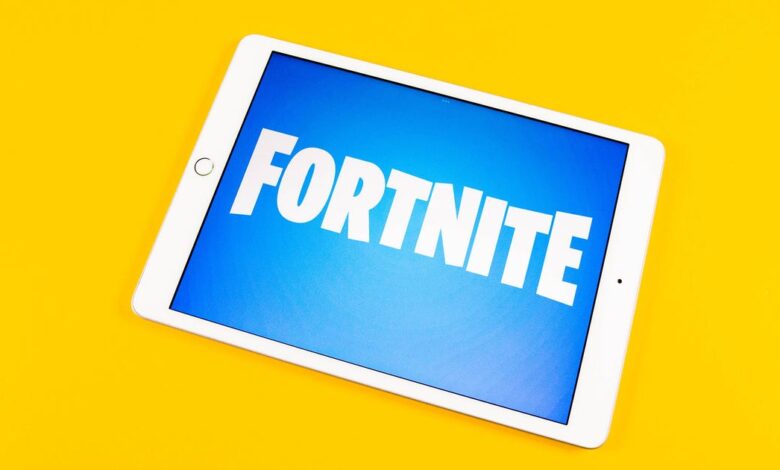Fortnite Maker Epic to Pay Record $520 Million Over Child Privacy, In-App Violations

Epic Games, the maker of the popular video game Fortnite, has reached an agreement with the Federal Trade Commission to change some default settings and to pay $520 million over allegations that it violated children’s privacy and used “design tricks” that caused players to make unwanted purchase, the FTC said Monday.
“Epic used privacy-invasive default settings and deceptive interfaces that tricked Fortnite users, including teenagers and children,” said FTC Chair Lina M. Khan in the statement about the agreement.
Epic Games will pay a $275 million penalty for child privacy violations, the largest ever fine paid by a company for breaking FTC rules. The FTC said that Epic Games collected personal information from children under the age of 13 without the consent of their parents in violation of the Children’s Online Privacy Protection Act (COPPA) and that, by setting voice and text communications on by default, the game opened children and teens to bullying and harassment from strangers. Epic Games has also agreed to set voice and text communications off by default.
Sen. Edward Markey, a Democrat of Massachusetts and author of COPPA, applauded the FTC’s agreement in an emailed press release and called on Congress to take further action to protect kids and teens online.
“Without immediate action to thwart the pernicious threats facing young people, we will fail to safeguard them in the face of a generation-defining mental health and privacy crisis,” he said. In May 2022, the FTC adopted a new policy prioritizing enforcement of the COPPA.
The other portion, $245 million, will be used by the FTC to refund consumers who were unfairly charged for in-game purchases. It’s the largest refund amount in an FTC gaming case. The FTC called out how Epic enticed players to make unwanted purchases and its failure to require confirmation of purchases, which allowed children and teens to purchase hundreds of dollars worth of in-game merchandise before parents knew their cards had been charged.
In a statement posted to Epic Games’ website, the company accepted the decision and called on the gaming industry to adopt practices that better reflect today’s gaming environment, saying, “No developer creates a game with the intention of ending up here.”
“Statutes written decades ago don’t specify how gaming ecosystems should operate. The laws have not changed, but their application has evolved and long-standing industry practices are no longer enough. We accepted this agreement because we want Epic to be at the forefront of consumer protection and provide the best experience for our players,” the post read.
The agreement is subject to a 30-day comment period. The FTC will disburse the $245 million for eligible customers.
Source link






